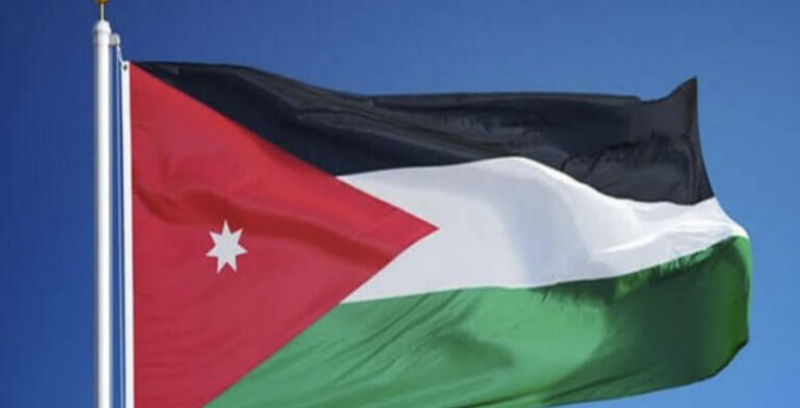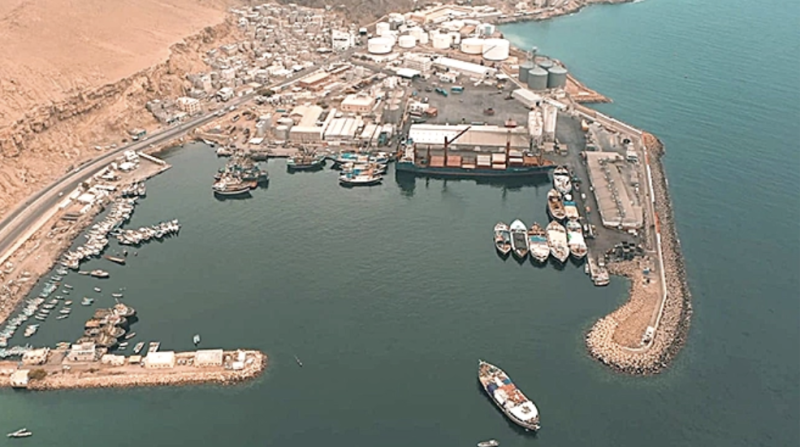Yemen patients finally treated in Jordan after years of war


Mohammed Hussein looks sadly at his wife as she lies in bed in a Jordanian hospital where she is being treated for cancer -- far from the devastating war back home in Yemen.
Dawla, too sick to talk, is one of a handful of critically ill Yemenis transported by the United Nations from the rebel-held capital Sanaa to Jordan for treatment.
A year and half ago, Yemeni doctors diagnosed the 40-year-old with thyroid cancer.
The news was devastating, more so given the state of the health system in a country rocked by a war the UN says has caused the world's worst humanitarian crisis.
"They told us she had had the disease for about four years," said Hussein, a 50-year-old farmer from Hajja, northwest of the capital, which is under siege by a Saudi-led coalition backing the government.
"We couldn't get her treated in Yemen because of the war, the siege, the lack of medical personnel and treatment, and I couldn't take her outside the country because I could barely afford to feed our six children," he said with tears in his eyes.
"Life in Yemen is harder than you can possibly imagine."
The couple waited four months in a small hotel in Sanaa before they could leave Yemen.
They arrived in Amman on February 8, on a flight from Sanaa airport organised by the World Health Organization and carrying 24 patients, including children.
It was the second of what the UN agency hopes will be many "mercy flights".
Huthi rebels have controlled Sanaa since 2014, when they seized much of the country's north from the government of President Abedrabbo Mansour Hadi.
The war escalated when the Saudi-led military coalition intervened on Hadi's side the following year.
Since then, the conflict has left tens of thousands dead or wounded, including many civilians, according to humanitarian groups.
The coalition, which controls Yemen's airspace, has closed Sanaa airport to commercial flights since 2016.
Many of the country's hospitals have been damaged or destroyed.
- 'One and only hope' -
In another ward of the same Amman hospital, 10-year-old Aymen was accompanied by his father Waheeb as he waited for treatment for a congenital spinal malformation.
He was set to have his operation later this month, a procedure doctors say is "big" and could last eight hours.
"My son has been suffering since he was six years old," the father said. "We've been to many doctors. They would tell me: we can't do this operation in Yemen, you have to go overseas."
Waheeb, a 40-year-old builder originally from Taiz in southwestern Yemen, left his wife and his other children back at home to bring Aymen for treatment.
"I hope the war ends soon so life can get back to normal. We're tired," he said.
Hospital director Hani al-Kurdi said the facility was treating 19 Yemeni patients, including seven children, for "heart and kidney disease, cancer, birth defects" and other disorders.
"Most of them need surgery because they have not received proper medical treatment in the past, which has complicated their cases," he said.
WHO spokeswoman Inas Humam said the organisation was covering the costs of their medical treatment, transport and accommodation.
"These are innocent Yemenis, they don't deserve to suffer because of what is happening in Yemen and because of the war," she said.
"It's our duty, as WHO and UN and as an international community, to make sure that they get the lifesaving care that they need until a political solution to the crisis is found.
"This is their one and only hope of survival."
Nadia, from Amran province north of the capital, held the hands of her two daughters, five-year-old Manal and Maria, two.
Manal is due for an operation on her right arm, which she has been unable to move since birth.
"The hospitals back home have been destroyed because of the war," the mother said. "There are hardly any doctors and barely any medicines.
"But this trip has given us a little bit of hope."

Paris – The French Ministry of Foreign Affairs issued a statement expressing deep concern over the situation in Yemen, while reaffirming its…

Amman – Jordan’s Ministry of Foreign Affairs and Expatriates issued a statement on Wednesday underscoring the Kingdom’s close mon…

Hadramout – A spokesperson for the United Nations Office for the Coordination of Humanitarian Affairs (OCHA) has warned of serious humanitari…